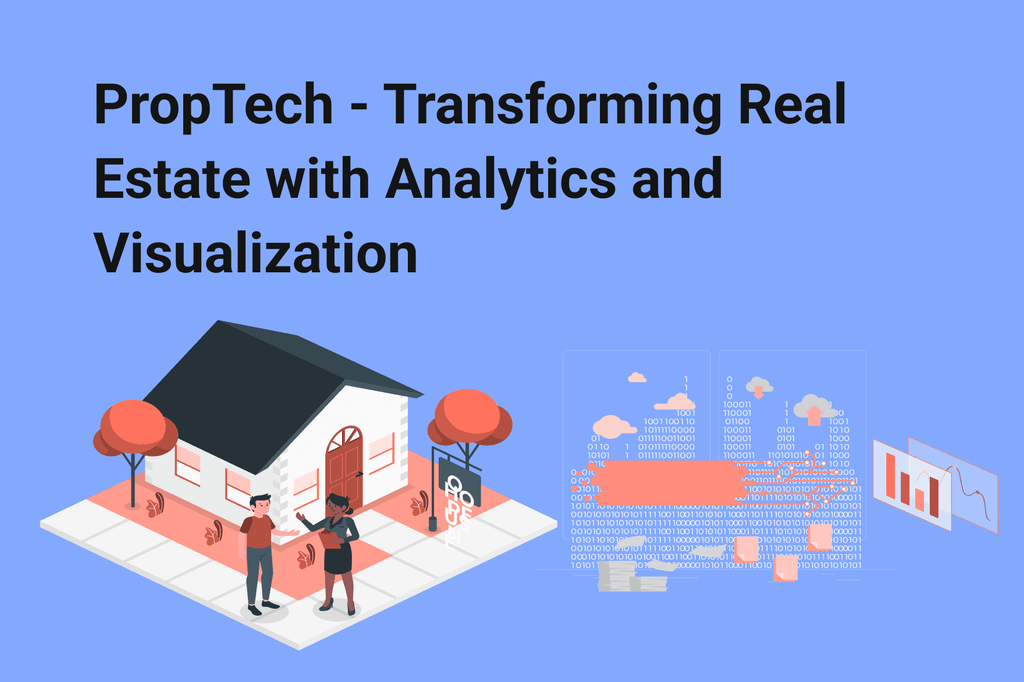
FAQ
What are the key drivers contributing to the growth of the property management market industry?
The growth of the property management market industry is primarily driven by innovations, particularly those implemented through digital technologies. These innovations include the integration of modern technologies into automation processes, the use of comprehensive property management platforms, centralized systems for managing smart home devices, and multi-regional marketplaces. Such technological advancements streamline operations, increase workflow efficiency, and enhance the quality of services provided to end-users. Additionally, many companies are focusing on sustainable and eco-friendly trends, introducing energy-efficient technologies and reducing waste, which further contributes to their growth and competitiveness.
How do property management companies overcome challenges posed by increasing competition and regulatory requirements?
Property management companies face challenges in finding a balance between growing demand for real estate services and maintaining financial stability due to intensifying competition. To overcome these challenges, many companies are adopting innovative real estate solutions that reduce the cost of regular business processes without sacrificing profitability. These solutions, incorporating advanced tech trends like artificial intelligence, machine learning, cloud computing, and the Internet of Things, improve the speed, accuracy, and cost-effectiveness of their operations. Moreover, tightening laws and regulatory requirements can be addressed through popular digital solutions that take into account compliance standards such as GDPR and HIPAA. By embracing these technological advancements, real estate companies can seamlessly transition to new regulatory standards and maintain their competitive edge.
How can property management companies differentiate themselves in the market through technological advancements?
Property management companies can differentiate themselves in the market by incorporating technological advancements into their operations. Three key strategies for achieving differentiation include: Identifying unique selling points (USPs): By incorporating innovative technologies into their solutions, companies can offer distinctive consumer motives, attracting clients based on the competitive advantages provided by these tech-driven services. Developing a strong value proposition: Technological developments can significantly improve customer interactions, providing a more effective and efficient solution compared to competitors. For instance, implementing IoT platforms can offer enhanced property management capabilities beyond simple remote utility bill payments. Leveraging technology and automation: Business process automation powered by cutting-edge technologies allows companies to reduce human-factor risks and expedite processes without significant increases in workforce. This efficiency gains a competitive advantage, enabling companies to deliver services faster and more affordably than their rivals. By embracing technological advancements, property management companies can enhance customer experiences, optimize internal processes, and secure their long-term competitiveness in the industry.
Table of contents:
Want to estimate your app idea?




